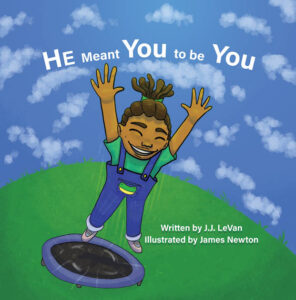Kick the Tires
 Before we buy a car, we want to kick the tires. We check the car inside and out from one end to the other. We drive it and try all its gadgets to be sure they work.
Before we buy a car, we want to kick the tires. We check the car inside and out from one end to the other. We drive it and try all its gadgets to be sure they work.
To kick the tires means to test the quality of something.
With any purchase, that includes time to:
- Inspect
- Research
- Analyze
We desire the best product for our money.
We also kick the tires to see if a product meets our personal needs.
What works for one person may not work for another. I prefer small cars close to the ground. A tall person usually searches for a large vehicle with more leg room.
Kicking the tires pertains to more than purchases.
- Employers desire dependable employees.
- Employees seek the best bosses.
- Individuals search for lasting relationships.
We want the people in our lives to meet our standards.
If we fail to kick the tires, we may end up kicking ourselves.
A word to the wise: Let’s test before we commit.
Above all else, test for truth.
In every decision, large or small, seek God’s guidance. Especially for spiritual matters:
- Study the Bible.
- Pray.
- Discuss with trustworthy friends.
“Dear friends, do not believe every spirit, but test the spirits to see whether they are from God, because many false prophets have gone out into the world” (1 John 4:1 NIV).
Thanks to Jennifer Annette Graham for the suggestion and to Stan Curry with AutoSmart of Campbellsville for the photo.
Do you have an expression you want explained or thoughts about this one? If so, please comment below.
Subscribe to receive my weekly posts by email and receive a free copy of “Words of Hope for Days that Hurt.”
If you enjoyed this post, please share it with your friends.










 Get ready. Beware. Katy bar the door.
Get ready. Beware. Katy bar the door.